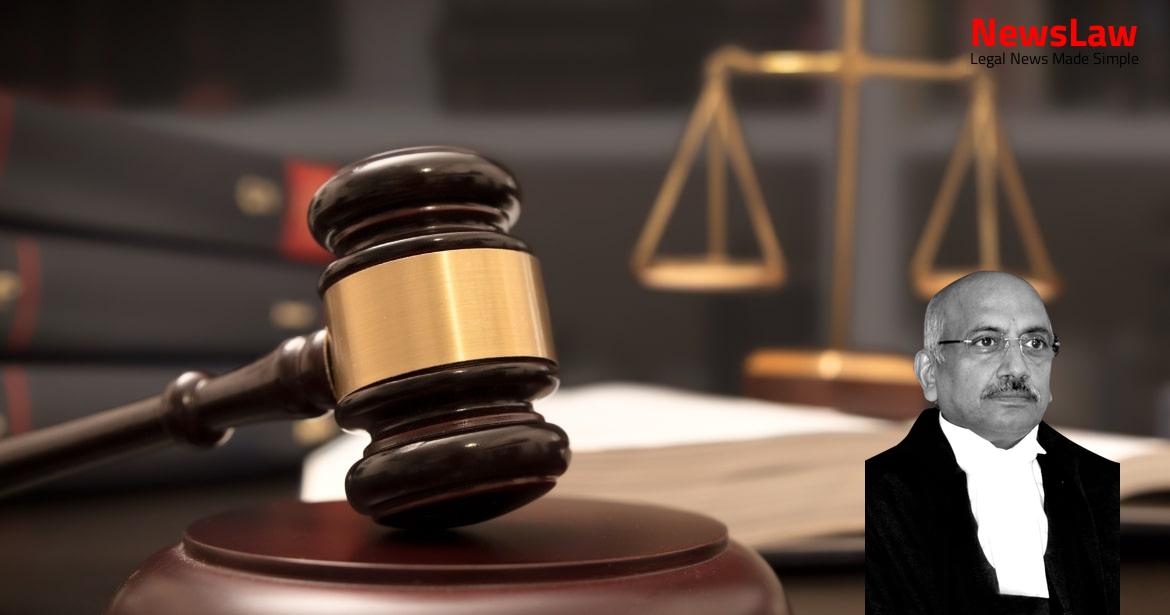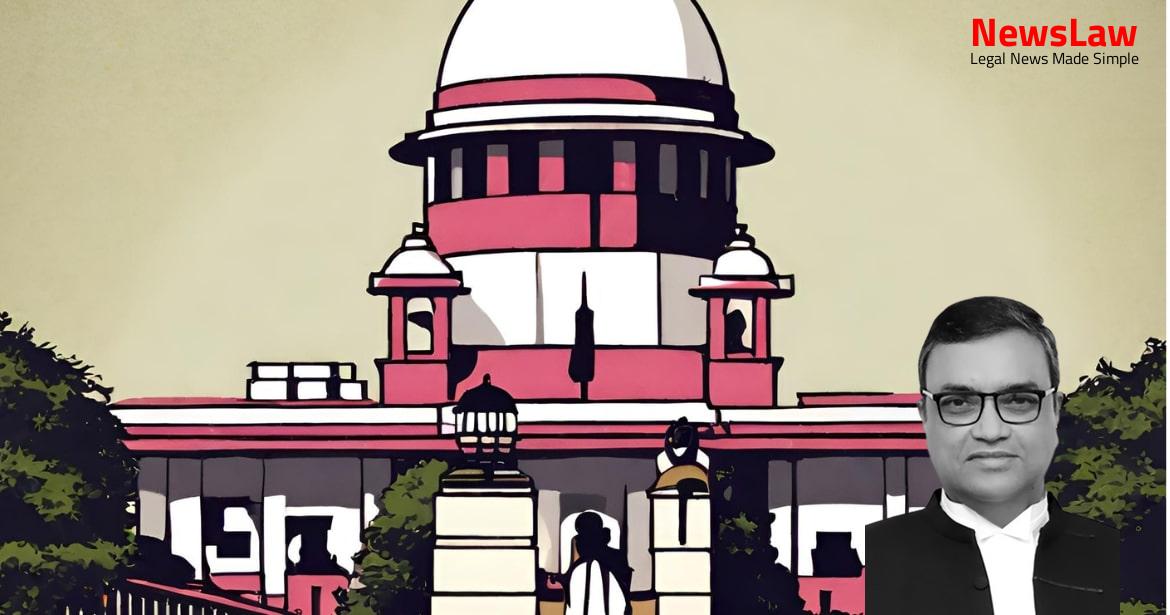Simultaneously, the respondent-plaintiff also filed a first appeal and sought relief of mandatory injunction on the ground that since the order discharging him from services was not found legally sustainable, therefore, he should be allowed to join duty and should be granted all the consequential benefits. The first appellate Court by common judgment dismissed the appeal filed by State and allowed the appeal of the respondent-plaintiff holding him entitled to receive all service benefits as accrued. After the completion of the said assignment, all the constables deputed on duty were relieved and they reported back to the Training Centre, except respondent-plaintiff who remained absent without any intimation. The said order is relevant and for ready reference is being reproduced as under: “
ORDER Constable Jaswant Singh
No 1669/ASR S/o
Shri Hazara Singh, caste Jat, R/o Village Thoba, PS Ramdass, Police District Majitha is hereby discharged from service under P.P.R. When he was sent as security guard to Amritsar on special duty, he fell sick and had to take medical treatment due to which he could not join the duty on time.
The Trial Court further directed the appellants-defendants to remove the said procedural irregularity within two months and decide the case of respondent- plaintiff after affording due opportunity of hearing.
After the completion of the deputation, while the other 7 trainee constables reported back to the Training Centre and joined, the respondent-plaintiff neither reported back nor gave any intimation for his non-reporting. Sukhwinder Singh, (2005) 5 SCC 569” and also on the judgment in the case 8 of “State of Punjab and others Vs.
Having heard learned counsel for the parties and looking to the nature of the order passed against the respondent as quoted above, it is apparent that the respondent was discharged from service under Rule 12.21 of PPR as the appellants were of the 9 opinion that the probationer constable was not likely to become an efficient police officer. In the said context, to appreciate the issue in detail, reference to Rule 12.21 of PPR is relevant and the same is reproduced hereinbelow: “12.21 – A constable who is found unlikely to prove an efficient police officer may be discharged by the Superintendent at any time within three years of enrolment. The Full Bench further held that in such a situation, the Superintendent of Police can invoke his power under Rule 12.21 of PPR and can discharge the constable from the force. Thus, the order of discharge simpliciter, prima facie, is not punitive, it being in terms of Punjab Police Rule 12.21, but the question still is whether the incident which led to the passing of that order was motive or inducing factor or was 11 the foundation of order of discharge.
Whether it (order of termination) amounts to an order of dismissal depends upon the nature of the enquiry, if any, the proceedings taken therein and the substance of the final order passed on such enquiry. whether the termination is preceded by a full- scale formal enquiry into allegations involving misconduct on the part of the respondent, which culminated in the finding of guilt, and, secondly, the “purpose of the enquiry” i.e. If the delinquency of the officer in temporary service is taken as the operating motive in terminating the service, the order is not considered as punitive while if the order of termination is founded upon it, the termination is considered to be a punitive action. Generally speaking, when a probationer’s appointment is terminated it means that the probationer is unfit for the job, whether by reason of misconduct or ineptitude, whatever the language used in the termination order may be. A termination order which explicitly states what is implicit in every order of termination of a probationer’s appointment, is also not stigmatic. The High Court has 14 further gone on to hold that there is direct nexus between the order of discharge of the respondent from service and his absence from duty and, therefore, the order discharging him from service will be viewed as punitive in nature calling for a regular inquiry under Rule 16.24 of the Rules. We are in total agreement with the submission of the learned counsel for the State of Punjab that the controversy involved in this case is no longer res integra.
In view of the principles as reiterated in various judgments by this Court, if we examine the facts of the case in hand leading to the order of discharge, then it is crystal clear that respondent- plaintiff was appointed as a constable and joined the duties on 12.11.1989 on probation. relying upon the recommendation of the supervising officer (S.P., Training Centre) formed an opinion that the probationary constable is found unlikely to prove an efficient police officer owing to his demeanour as reported and discussed herein above. Similarly, in the case of Amar Kumar (supra), wherein the Court found that the appellant therein had instigated to do commotion/agitation/protest and also raised slogans by spreading false rumours in connection with the death of one of the trainees, which was the foundation to pass the order for termination. Thus, in the said case, the Court was of the opinion that the order of termination cannot be simpliciter. No order as to costs.
Case Title: THE STATE OF PUNJAB Vs. JASWANT SINGH
Case Number: C.A. No.-011871-011871 / 2014



